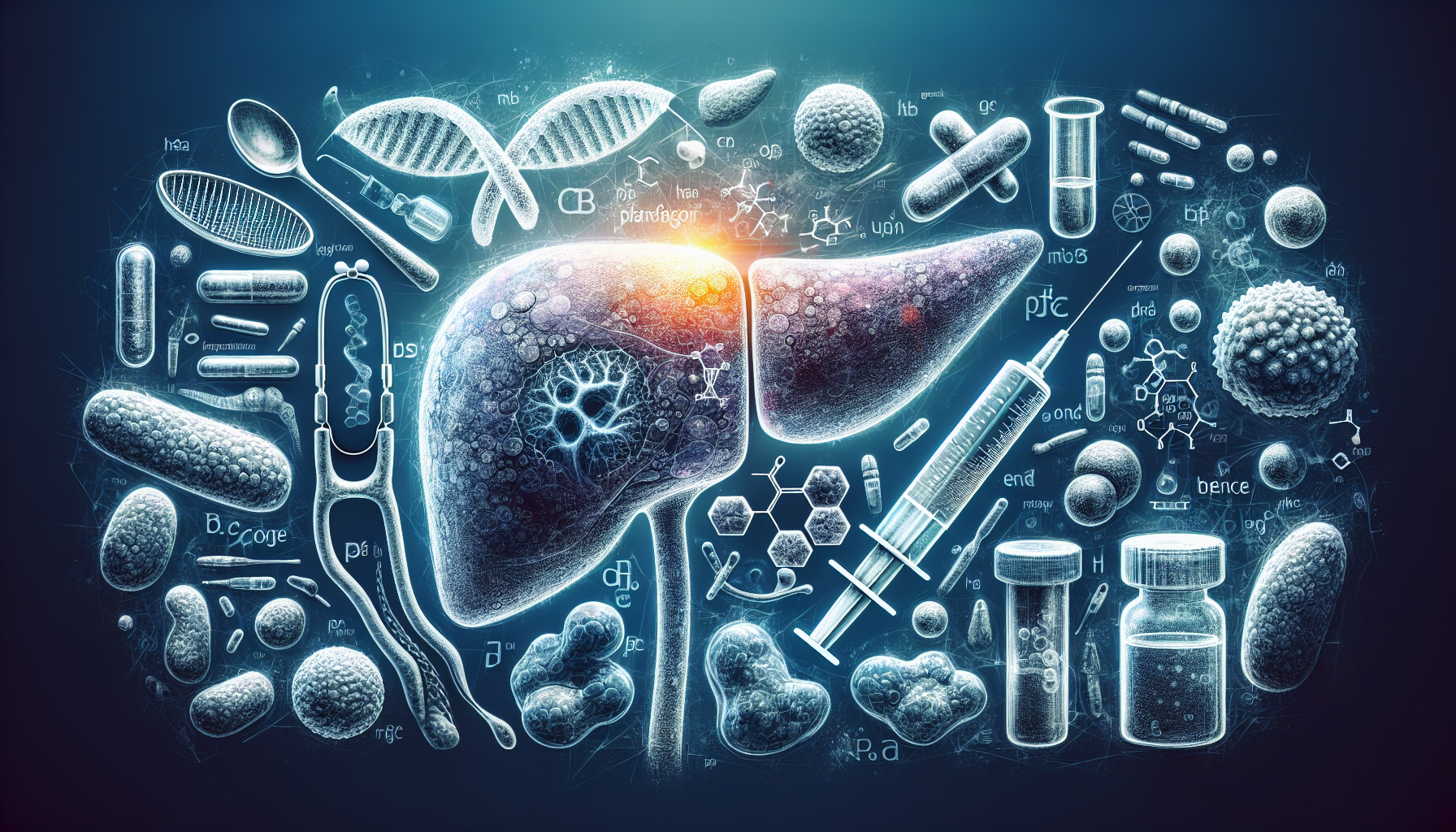FDA's Fast-Track Gene Therapy Brings New Hope for Canavan Disease
Key Takeaways
- Myrtelle's gene therapy for Canavan Disease gets accelerated review.
- FDA's START Pilot Program aims to speed up the approval of treatments for rare diseases.
- rAAV-Olig001-ASPA has received multiple regulatory endorsements for treating CD.
Did You Know?
Introduction to Canavan Disease
Canavan Disease (CD) is a rare genetic disorder that impacts brain development in young children. It is caused by mutations in the ASPA gene, which leads to a deficiency in the enzyme aspartoacylase. Without this enzyme, brain cells called oligodendrocytes cannot produce myelin, the protective covering of neurons, leading to severe neurological impairments. Symptoms of CD often manifest within the first few months of life and include poor head control, an unusually large head, and developmental delays.
As the disease progresses, children with CD face muscle deterioration, seizures, and difficulty swallowing, ultimately leading to life-threatening complications by around age 10. Currently, there is no cure for this debilitating disease, and existing treatments only address symptoms rather than the underlying cause.
FDA's START Pilot Program
The U.S. Food and Drug Administration (FDA) has launched the Support for Clinical Trials Advancing Rare Disease Therapeutics (START) Pilot Program to expedite the development of gene therapies for rare diseases like Canavan Disease. As part of this initiative, the FDA will offer more frequent and direct communication with companies, aimed at accelerating the approval process for new treatments.
Myrtelle Inc., a pioneer in gene therapy, has been selected to participate in this groundbreaking pilot program. The company's gene therapy candidate, rAAV-Olig001-ASPA, has shown promise in treating Canavan Disease by targeting oligodendrocytes to restore normal brain function. This selection recognizes the potential of rAAV-Olig001-ASPA to bring transformative change for patients with CD.
About Myrtelle's Gene Therapy
Myrtelle’s innovative gene therapy, rAAV-Olig001-ASPA, employs a unique approach to target the brain cells impacted by CD. The therapy utilizes a recombinant adeno-associated virus (rAAV) vector to deliver a functional copy of the ASPA gene directly to oligodendrocytes. This method aims to restore the production of aspartoacylase, thereby improving brain bioenergetics and enabling normal development of myelin.
In early clinical trials, this gene therapy has demonstrated potential in reversing the pathological effects of Canavan Disease, offering a glimmer of hope to affected families. The primary goal of this therapy is to halt or even reverse the progression of the disease, providing children with an improved quality of life.
Regulatory Achievements and Future Prospects
In addition to its selection for the START Pilot Program, rAAV-Olig001-ASPA has achieved several crucial regulatory milestones. The therapy has received RMAT (Regenerative Medicine Advanced Therapy), Orphan Drug, Rare Pediatric Disease, and Fast Track designations from the FDA. In Europe, it has been granted Orphan Drug Designation and classified as an Advanced Therapy Medicinal Product (ATMP) by the European Medicines Agency (EMA). The United Kingdom's Medicines and Healthcare products Regulatory Agency (MHRA) has also approved it under the Innovative Licensing and Access Pathway (ILAP).
These accolades are indicative of the promising potential of rAAV-Olig001-ASPA to address the unmet medical needs of children suffering from Canavan Disease. With these regulatory endorsements, Myrtelle is well-positioned to fast-track the development and potential approval of this life-changing therapy.
Conclusion
The FDA's START Pilot Program aims to remove barriers in the development of treatments for rare diseases, providing timely and necessary support for companies like Myrtelle. With rAAV-Olig001-ASPA, a pioneering gene therapy for Canavan Disease, this initiative brings a renewed sense of hope for patients and their families. Myrtelle's research and dedication to developing transformative treatments signify a major step forward in the fight against this devastating disease.
The journey toward finding a cure for Canavan Disease is a challenging one, but with the combined efforts of regulatory bodies and innovative biotech companies, breaking new ground in rare disease therapeutics is becoming increasingly possible. This collaboration underscores the importance and efficacy of accelerated communications and reviews in transforming experimental treatments into clinical realities.
References
- FDA - START Pilot Programhttps://www.fda.gov/drugs/new-drugs-fda-cders-new-molecular-entities-and-new-therapeutic-biological-products/support-clinical-trials-advancing-rare-disease-therapeutics-start-pilot-program
- Myrtelle Inc.https://www.myrtellegtx.com/
- ClinicalTrials.gov - Canavan Diseasehttps://clinicaltrials.gov/ct2/show/NCT04833907






